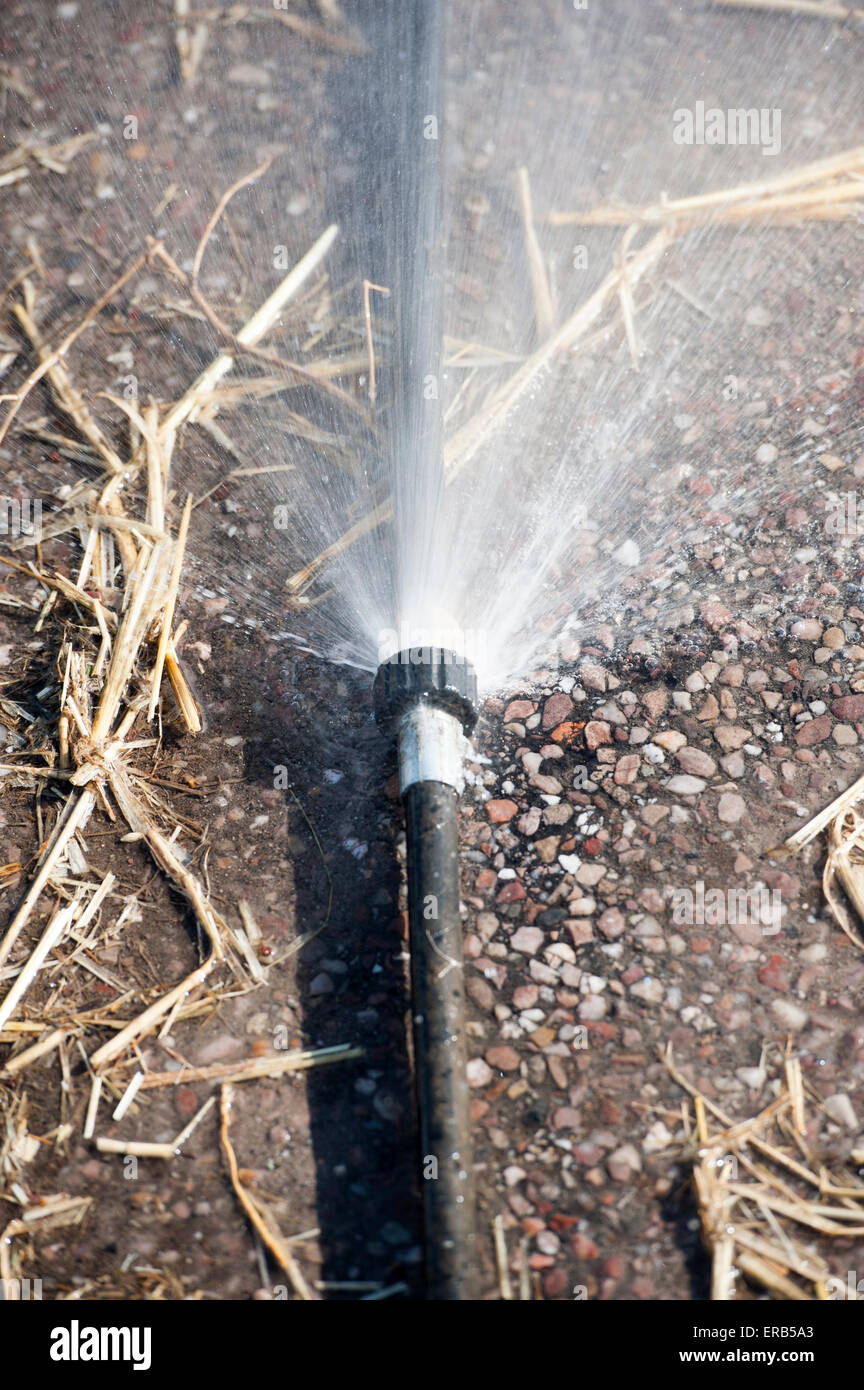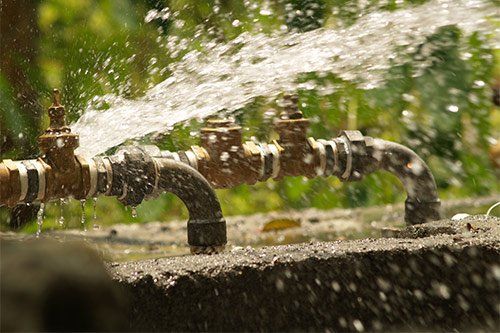Main 5 Reasons Behind Water Leaks
Main 5 Reasons Behind Water Leaks
Blog Article
We've stumbled upon this great article pertaining to How to Find and Prevent Water Leaks in Your Home down the page on the internet and concluded it made sense to discuss it with you on my blog.

"Be careful of little costs. A little leak will sink an excellent ship." - Benjamin Franklin.
He could not have actually been a lot more ideal due to the fact that water leaks in our houses lead to a waste of sources, increasing our water expenses. This boost might appear negligible at first, it can lead to substantial costs that can damage your bank. Other than an increase in bills, water leaks likewise cause undesirable organic development, structural damages, and also electric risks.
If you have a water leakage isn't always simple due to being incapable to see many of the pipework in your house, figuring out. However, If you have had a boost in your water expenses recently, observed water discolorations on walls and ceilings, smelt lousy odor, and so on. You could intend to consider asking for plumbing solutions to get it had a look at.
There are a number of sources of water leakages, as well as we have put together the typical reasons listed below. Examine to see if you have had relevant concerns in your home recently.
Weakened pipeline joints
Pipeline joints are the components of our plumbing system where the pipes link. It is vital to keep in mind that even though pipes are designed to withstand stress and also last for a while, they weren't created to last permanently; for that reason, they would certainly weaken over time. A common indicator of damaged pipe joints is too much noise from faucets.
High water pressure
You noticed your home water stress is higher than common yet then, why should you care? It runs out your control.
It would be best if you cared due to the fact that your average water stress ought to be 60 Psi (per square inch) and also although your home's plumbing system is made to endure 80 Psi. A boost in water stress can put a stress on your residence pipes as well as bring about cracks, or worse, ruptured pipes. If you ever before see that your home water pressure is higher than normal, get in touch with a specialist regarding managing it.
Rust
As your pipework ages, it gets weaker and more vulnerable to corrosion after the constant flow of water with them, which can eat away at pipelines and also trigger fractures. A visible sign of corrosion in your house plumbing system is staining and although this may be hard to detect due to most pipelines hidden away. Once they are old to make certain a sound plumbing system, we encourage doing a frequent appointment every couple of years and alter pipelines
Blocked drains pipes
Food fragments, dust, and oil can create clogged drains as well as obstruct the flow of water in and out of your sink. If undealt with, enhanced pressure within the rain gutters can finish and also create an overflow up cracking or bursting pipes. To prevent blocked drains in your house, we encourage you to prevent pouring particles down the drain and also routine cleaning of sinks.
Busted seals
One more reason for water leakages in homes is damaged seals of residence appliances that make use of water, e.g., a dishwashing machine. When such devices are set up, seals are installed around water adapters for simple passage of water via the equipment. A damaged seal can trigger leakage of water when in usage.
With little or no expertise of plumbing, comprehending your house's plumbing system enough to repair some of these concerns (without repercussion) can be a trouble. Get in touch with plumbing specialists in Pittsburgh, Divine Superintendence, Rochester, and environ today, and also they'll make those problems go away.
He couldn't have been more right since water leakages in our houses result in a waste of sources, enhancing our water expenses. If you have had a rise in your water costs lately, discovered water discolorations on ceilings and walls, smelt poor odor, and so on. An increase in water stress can put a strain on your residence pipes and lead to splits, or even worse, burst pipes. Another reason of water leakages in houses is damaged seals of home devices that make use of water, e.g., a dishwashing machine. When such appliances are set up, seals are set up around water adapters for easy flow of water via the machine.
5 TIPS IN DETECTING A WATER LEAK IN YOUR HOUSE
Water leaks can be hard to find in your home, yet they can be so common. We rely on water every day in our home, which is why a leak can cause big problems. By detecting them early, you can save money and further damage, getting the problem fixed as soon as possible. Here are 5 tips to help you detect a water leak in your home, so you can contact a plumber straight away and get the issue sorted.
Check your water meter
Many people underestimate the value of the water meter in their home. It can be one of the best ways to tell if you have a leak early on, so you can get on top of it before issues start arising. Start by turning off all the water in your home: taps, washing machine, dishwasher, etc. Now take a look at the meter – if it’s still changing with everything turned off, it’s likely you have a fast-flowing leak that you need to get on top of straight away. If nothing changes, then leave your meter for an hour or two and come back to it. Did it change in this time? It’s likely you have a slower leak, which isn’t as urgent but still handy to get fixed so it doesn’t become a bigger problem.
Keep an eye on your bill
Another good way to detect a leak in your home is by keeping an eye on your water bill. It helps if you have a past bill from the same period of time. You can compare like for like and determine whether your water usage has increased significantly. If it has, there may be a leak in your system that you haven’t picked up before. A professional plumber can check through all of your pipes and determine where it is coming from.
Look for damage
If you have a leak inside your home, you will notice damage over time. Take a look at your showers and bathtubs and note whether any of the tiles surrounding the area seem to be discoloured or damaged in any way. There may be water stains, mould or peeling material that has resulted from a build up of moisture over time. Make sure you take a look under sinks at the back of cupboards that don’t get accessed regularly. This is where damage can go unnoticed and build up over periods of time.

I ran across that blog posting about How to Find and Prevent Water Leaks in Your Home while doing a search on the search engines. Sharing is caring. You just don't know, you will be doing someone a favor. I thank you for reading our article about Reasons for Water Heater Leaks.
Sink issues? Connect. Report this page